Living off grid is about being energy independent and taking care of mother nature, and having the best off-grid solar power system is key to making that life even more sustainable. Whether building an off grid cabin or simply desiring your house to be solar-powered, you need to look into investing in the best solar generator for home. Now, let's see how we choose the right one.
Off Grid Generator: Solar or Gas?
When living off the grid, a solar generator becomes a need. Unlike traditional gas generators, solar generators do not produce noise, fume, or any form of pollution. It is an ideal energy solution for people that live far away from traditional sources of energy.
Factors to Consider When Choosing the Right Solar Generator for Off Grid Living
Finding an ideal off grid solar kit is never an easy thing. Listed below is actually what you need to consider if you'd like to choose the right solar kit for living off the grid.
Power Output Capacity: List all equipment you need to power, from basic electronics to high-wattage gear, including smartphones, laptops, refrigerators, dryers and washers. Look for generators that can meet the total power output at home or in the vehicle, if you live an RV life.
Battery Capacity: The bigger the battery capacity, the more energy you can store. Store more energy than your actual need so that when there is no sun, or even at night, you can power your everyday devices.
Portability: Do you require your solar kit more stationary or easy to transport? If you're frequently on the move, look for a portable solar generator with wheels that allow you to transport wherever you need it. For stationary setups, a larger, more permanent off grid solar kit may suit your needs better.
Solar Panels: Consider the panels that charge faster and function more effectively even under low light conditions, especially if your off-grid location is not receiving the most sun. And if your rooftop is curved, you might need to look for flexible solar panels that can fit the contours of RV roofs, home rooftops, or balconies.
Installation: Not all off-grid systems are made alike. While some of the solar kits are plug-and-play, most will take some electrical knowledge and may call for professional installation.
Tips for Completely Going Off-Grid with Solar
Reduce Energy Use: Not all is about generating energy but using it efficiently. Before going solar, optimize your energy use with energy-saving appliances and LED lighting.
Backup Power: Sometimes the weather gets pretty unpredictable. You might want to keep a backup power source handy for those cloudy days-something like a portable power station or a wind turbine.
Plan for Future Growth: Most off grid solar kits are scalable, meaning at any time you can add more panels and batteries as your energy demands grow.
Best Off-Grid Solar Kits
If you're building off the grid, here are the most recommended off-grid solar kits:
DBS2100 + DBS210S Solar Generator
● 2,200W AC Output, 3,000W in Power-Boost Mode
● 2,330Wh Capacity for Home & Outdoor Situation
● EV Semi-Solid State LiFePO4 Battery, 4,500 Cycles, 15-year Lifespan
● Power up to 12 devices
DBS1300 + DBS120S Solar Generator
● 1,200W AC Output, 1,800W in Power-Boost Mode
● 1,330Wh Power for a day of adventure trip
● AC Charging to 80% in 60 Mins
● Only 36.4lb, Portable and compact, always on the go
Final Thoughts
Choosing the right off grid solar kit requires several basic considerations from energy needs, portibility, installation, and more. Whether you’re just starting to explore off-grid living or are ready to dive in, the right solar system can reduce your grid reliance, lower your utility bills, and contribute to a more sustainable future.




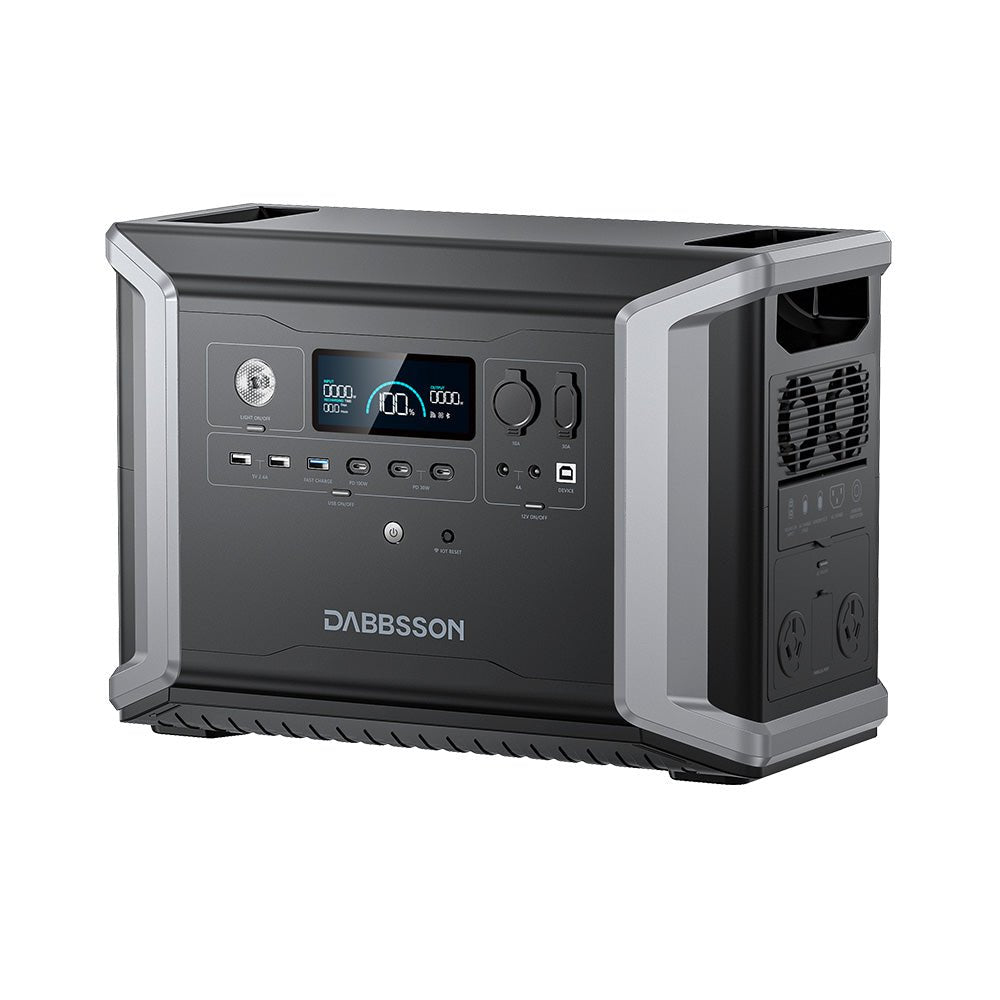
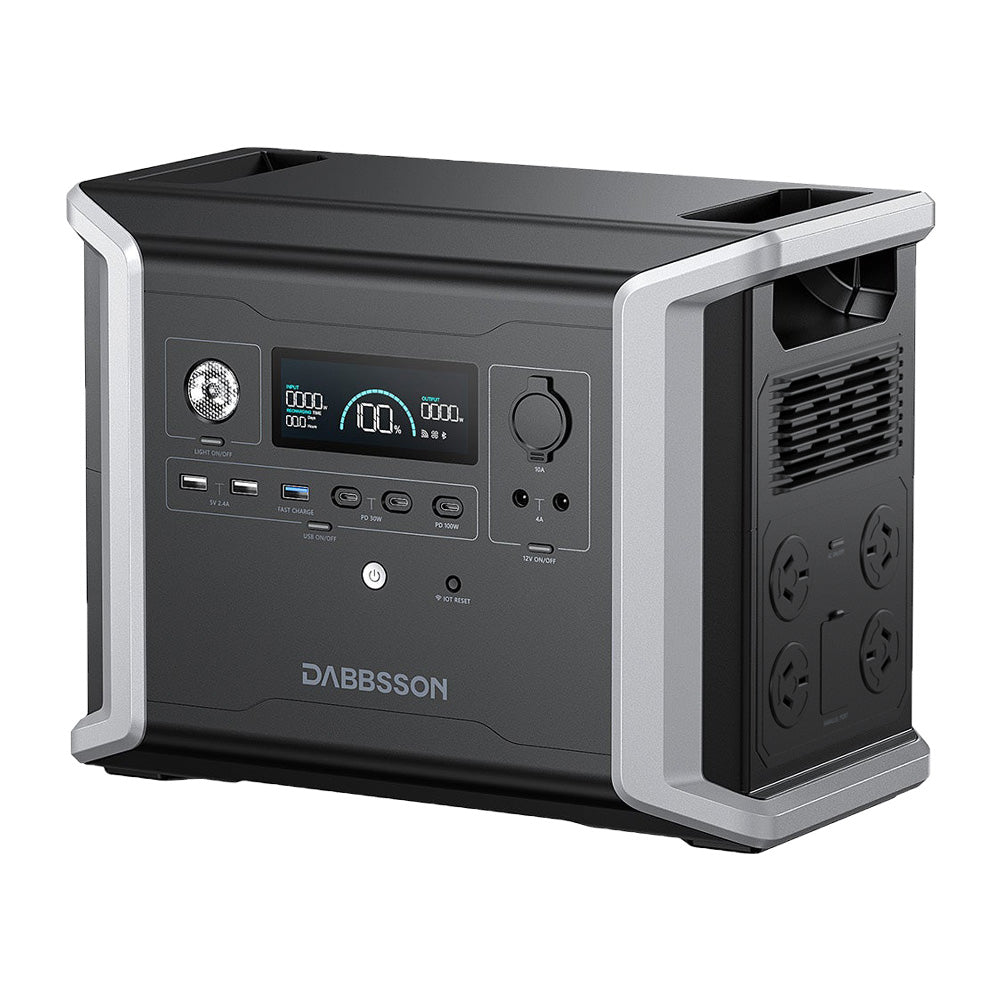
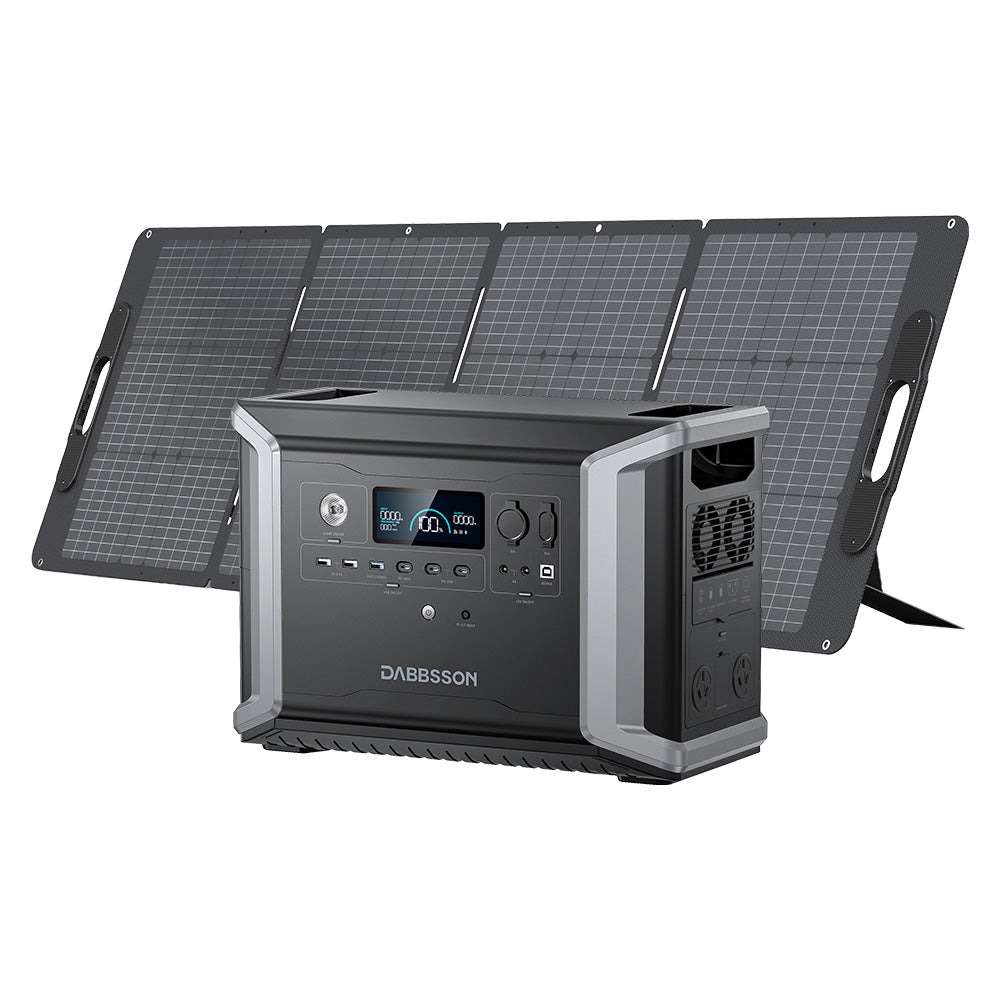
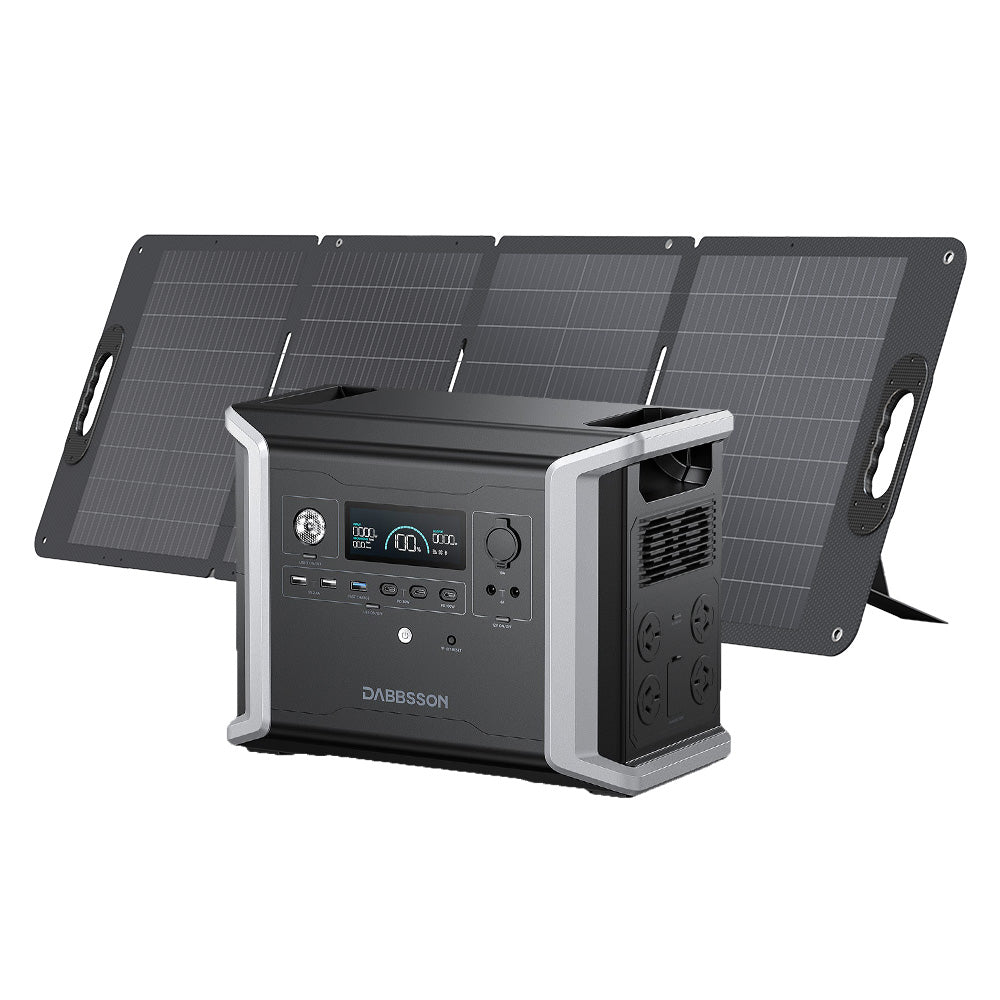
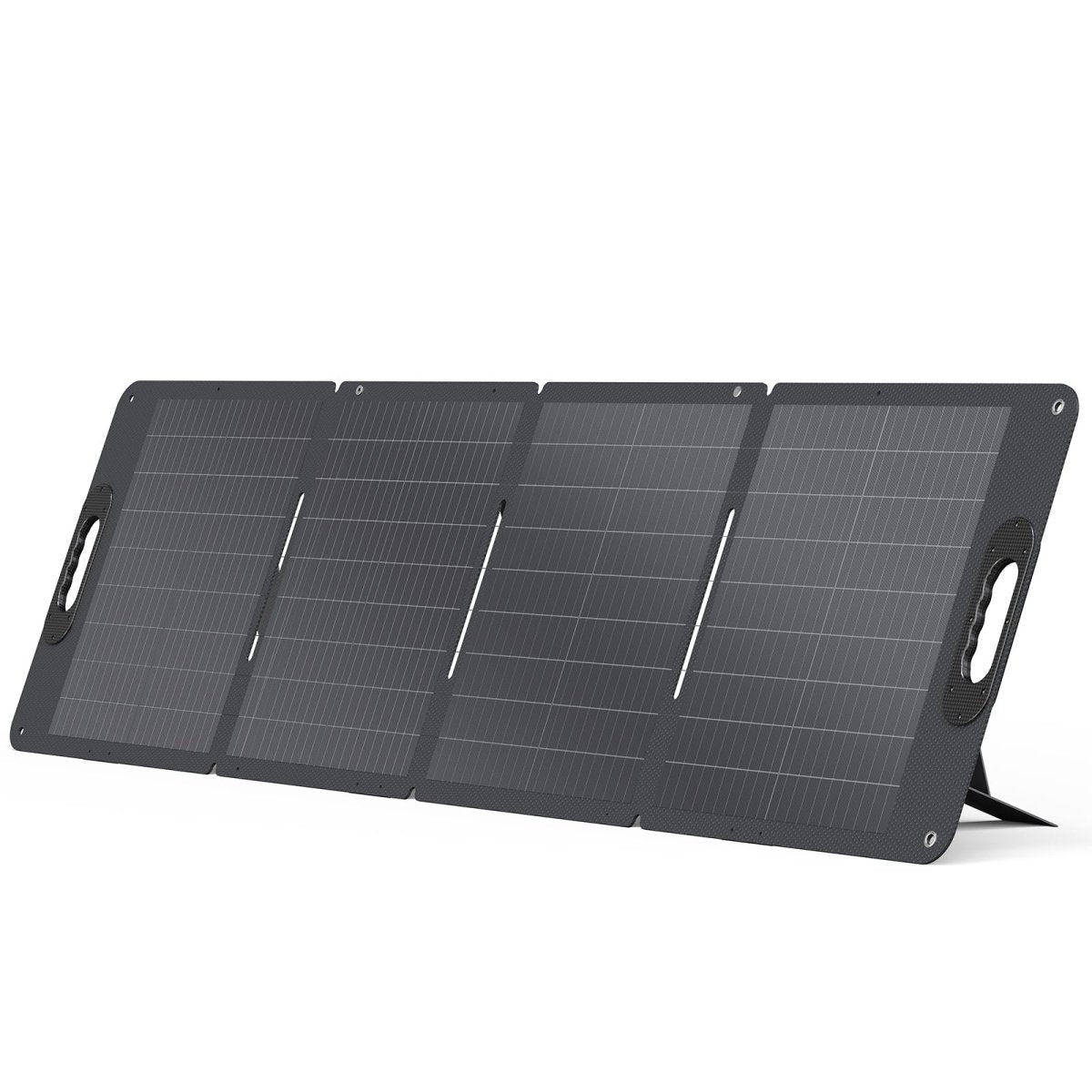
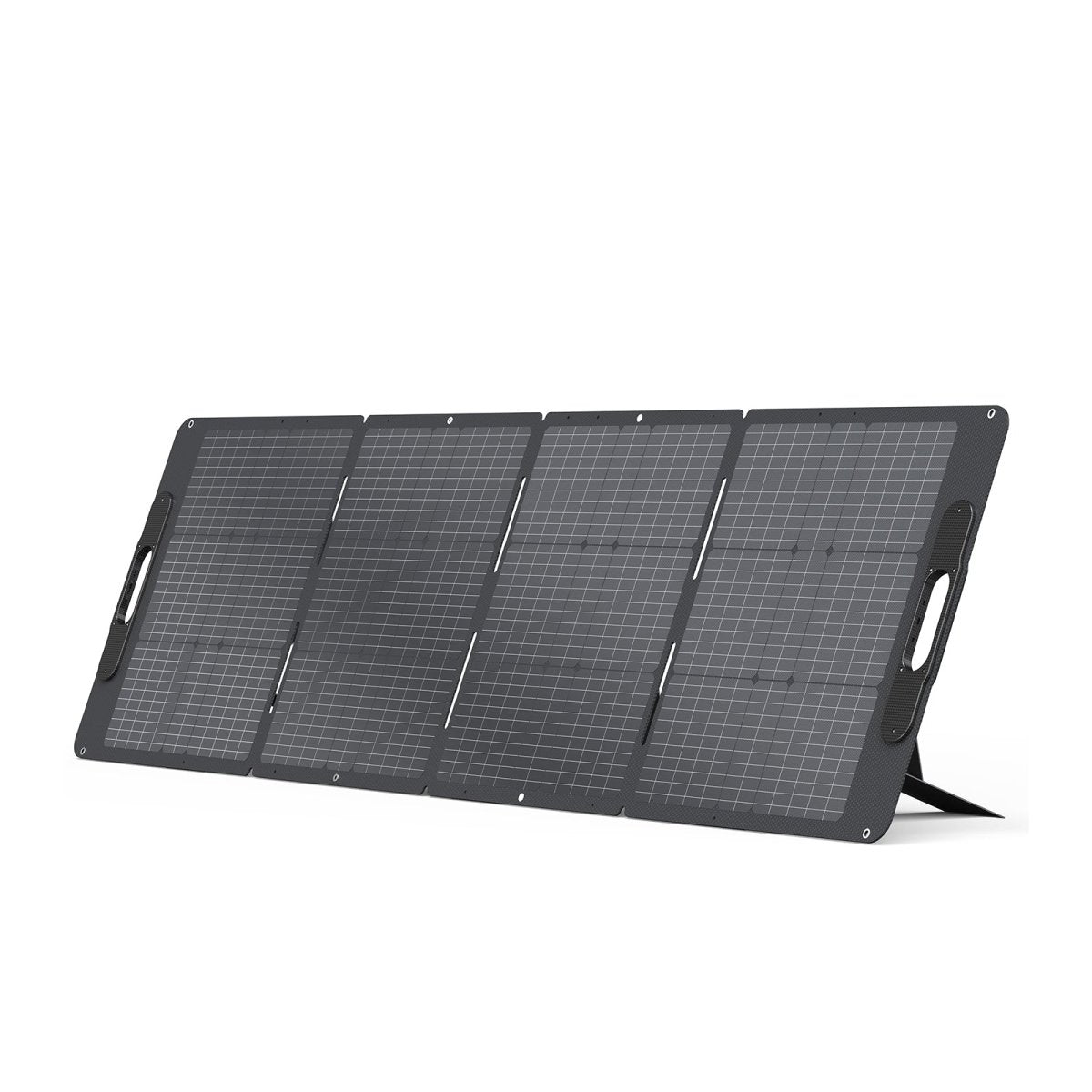
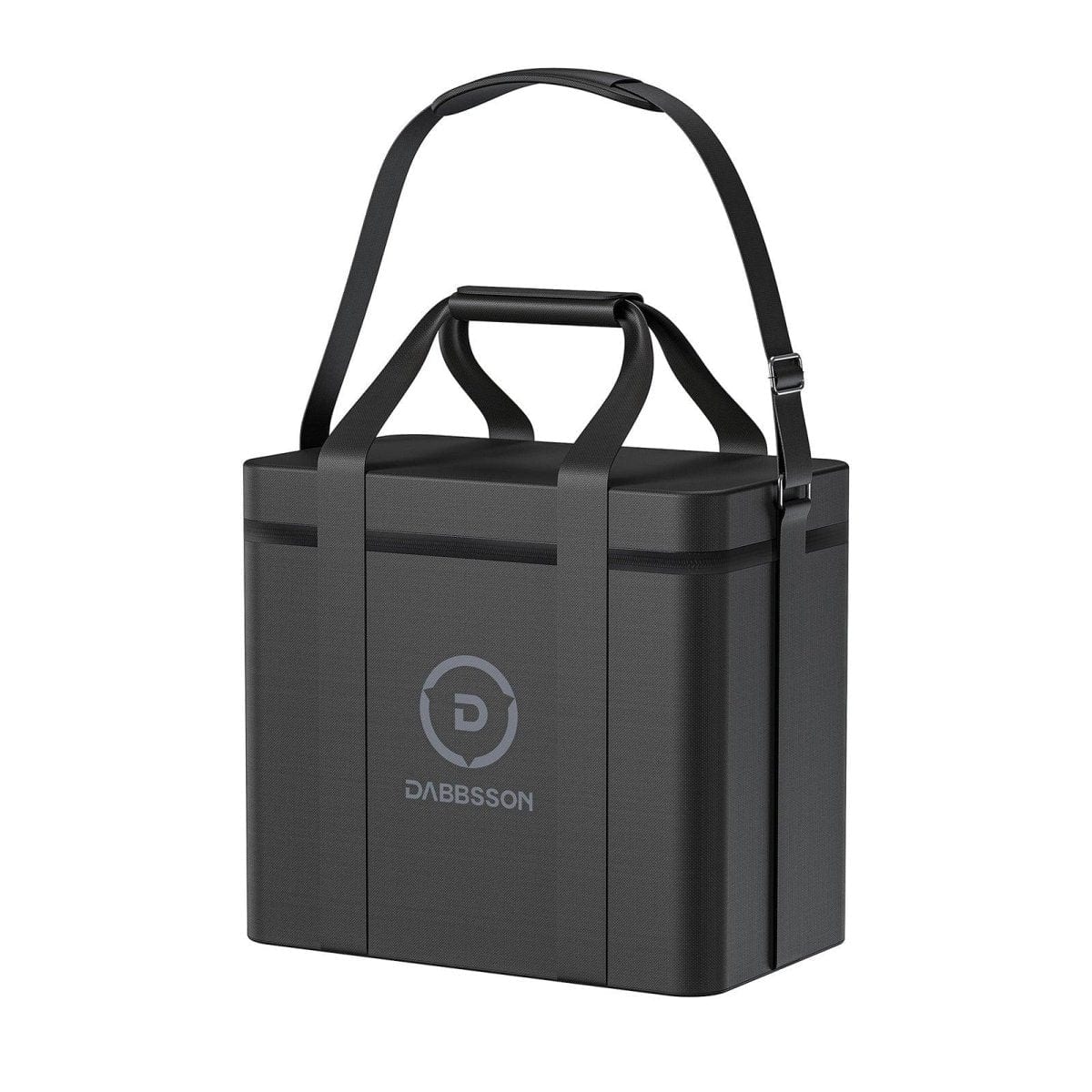
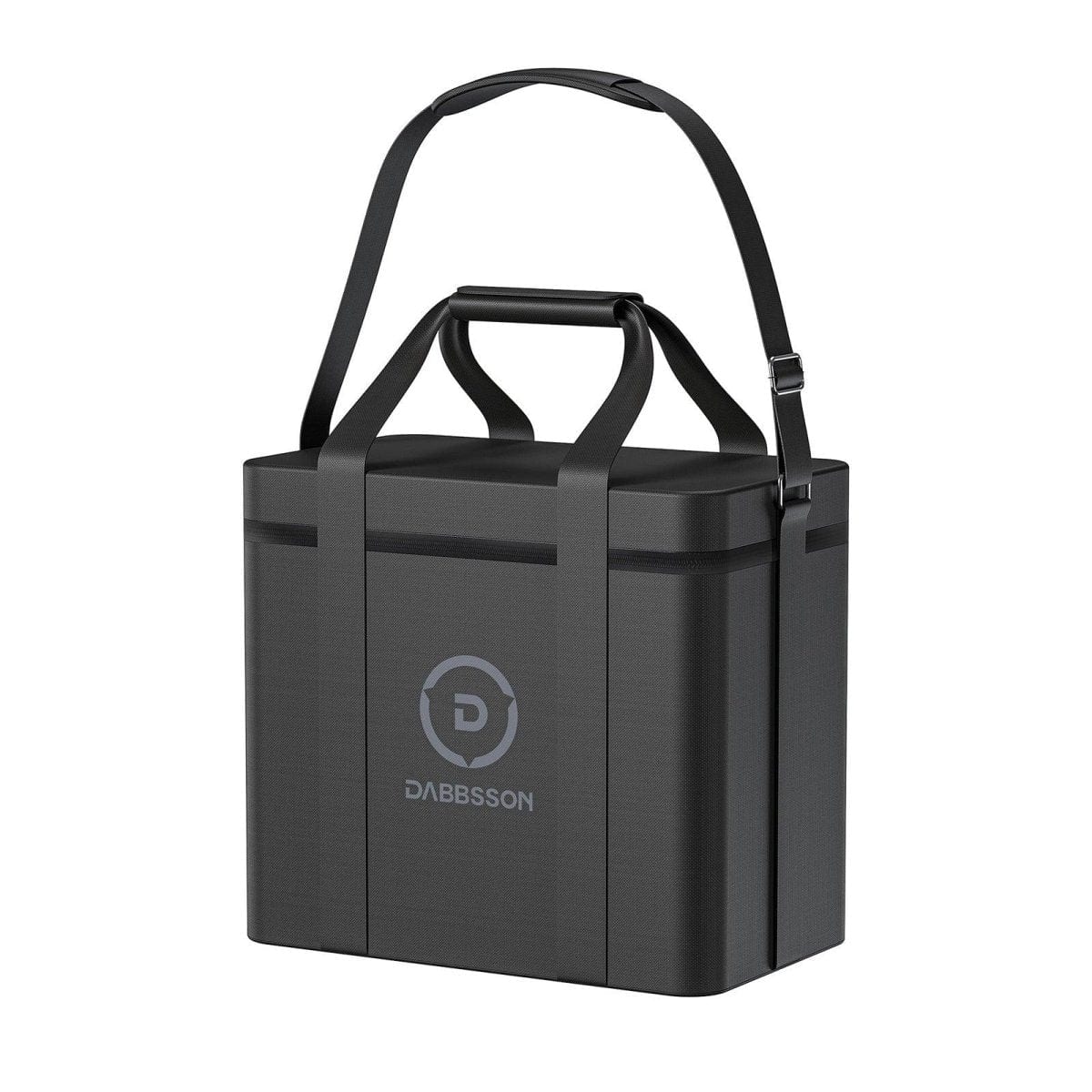
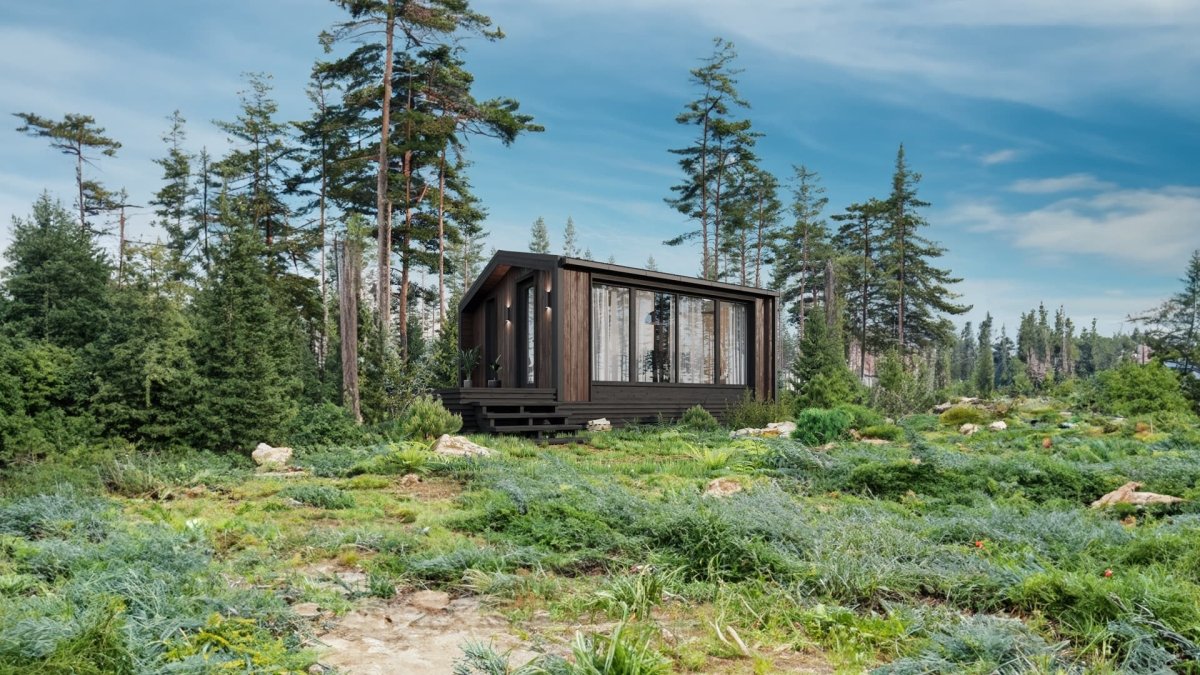


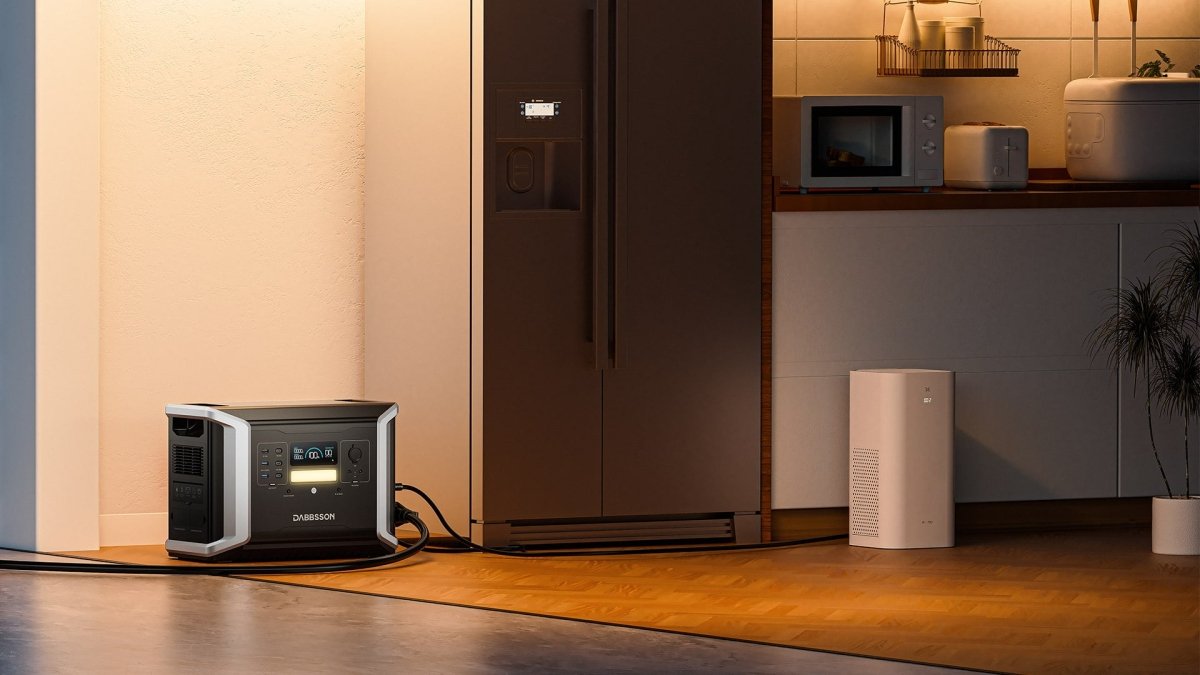

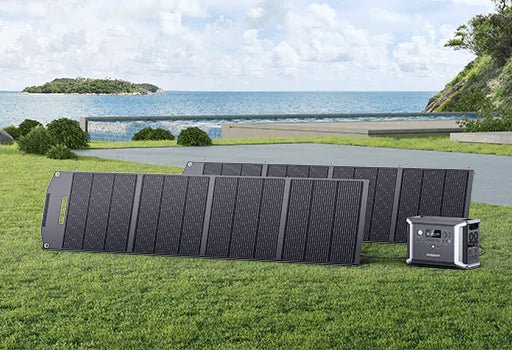
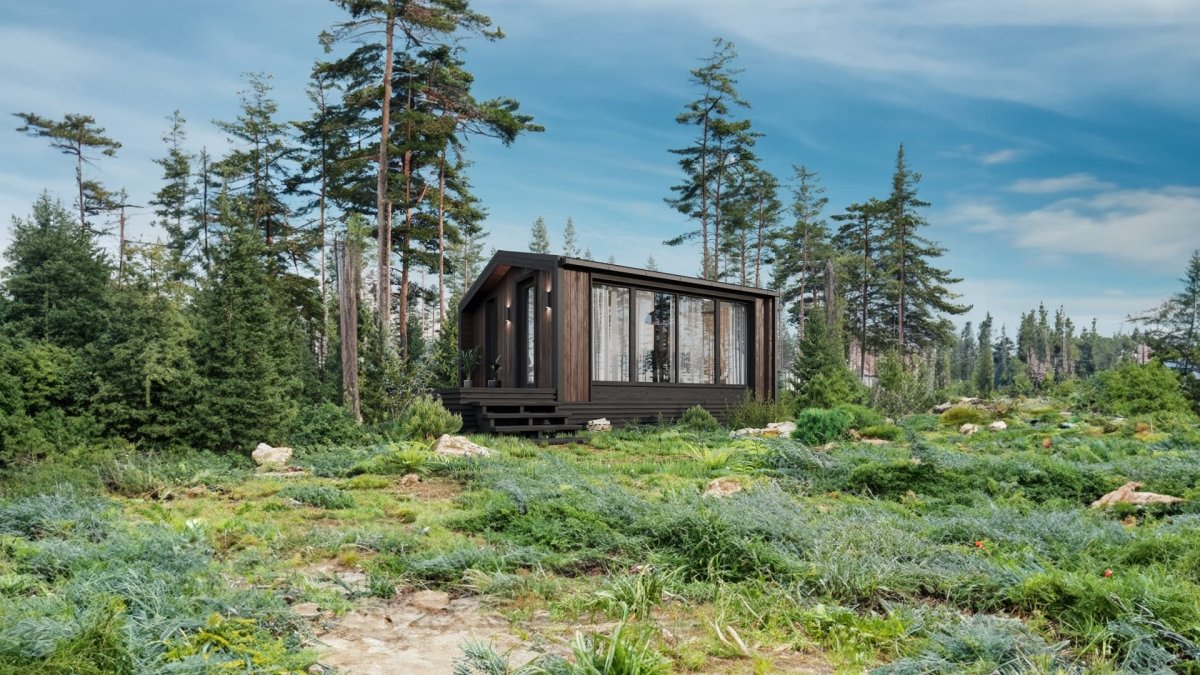
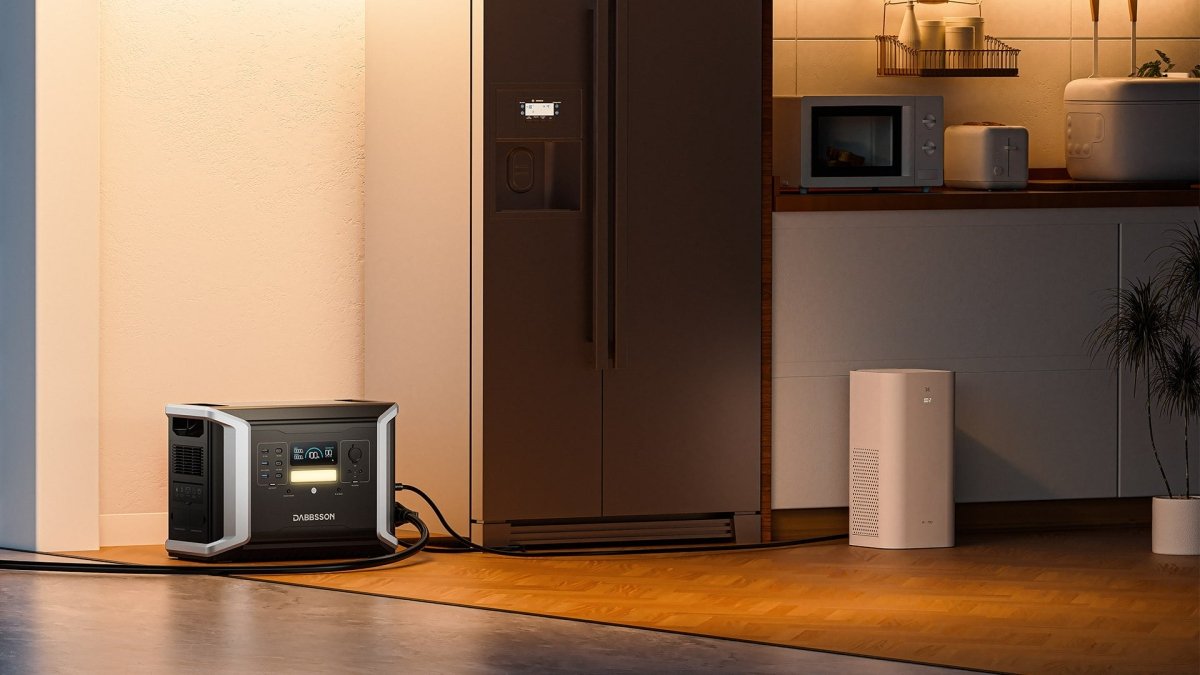

Leave a comment
This site is protected by hCaptcha and the hCaptcha Privacy Policy and Terms of Service apply.